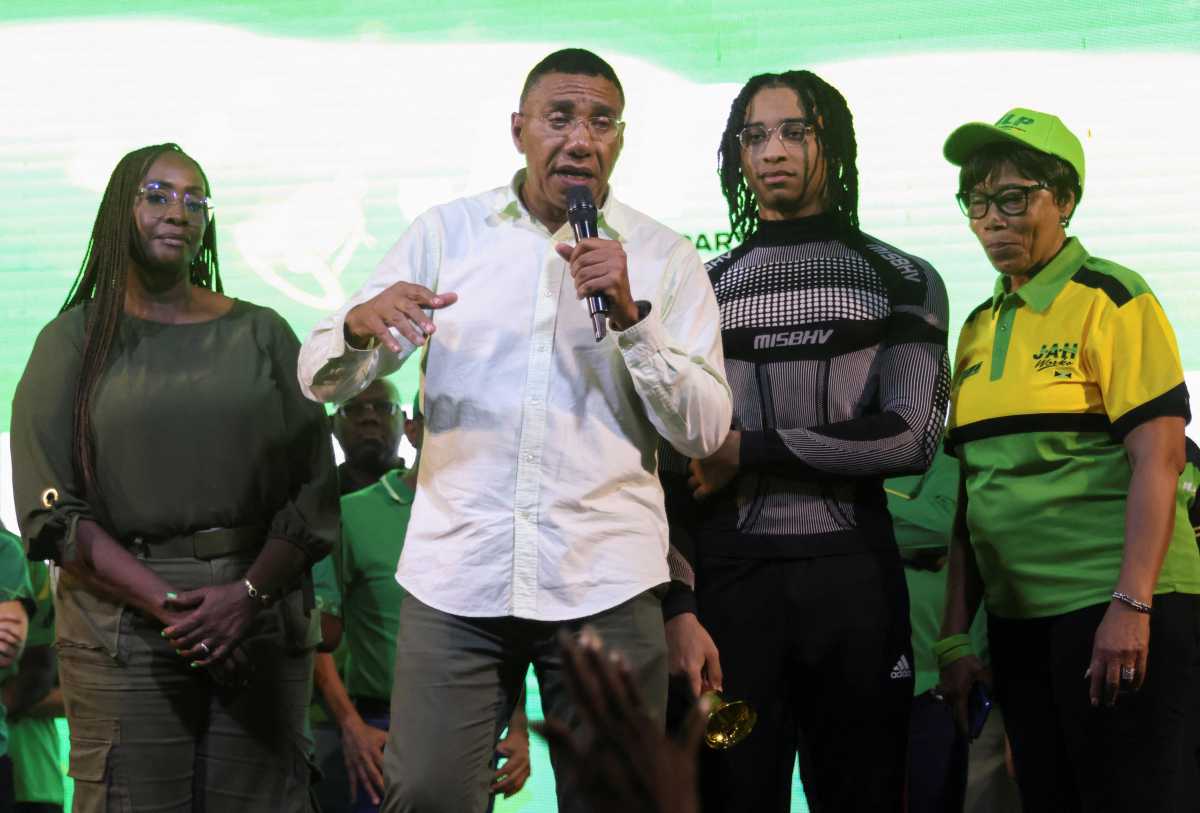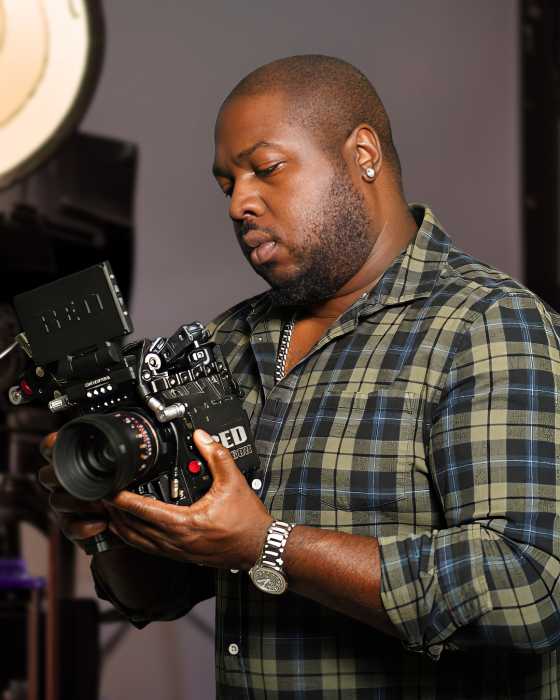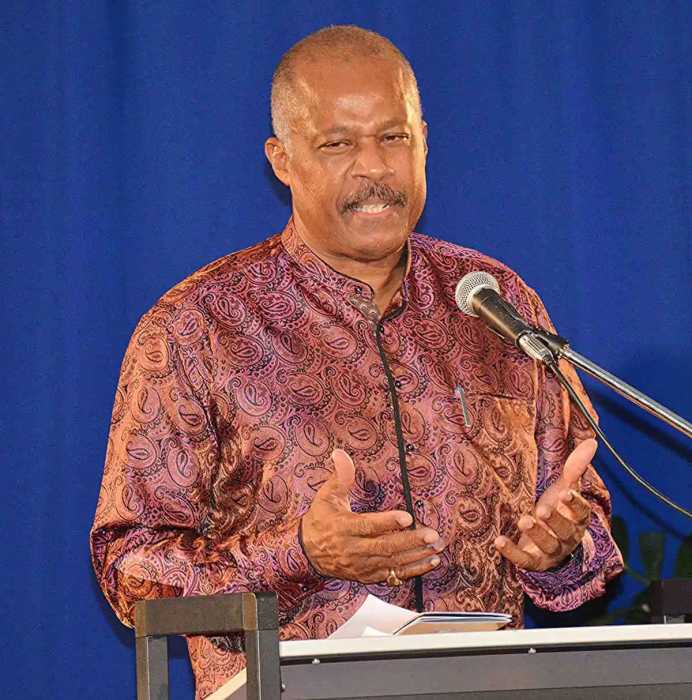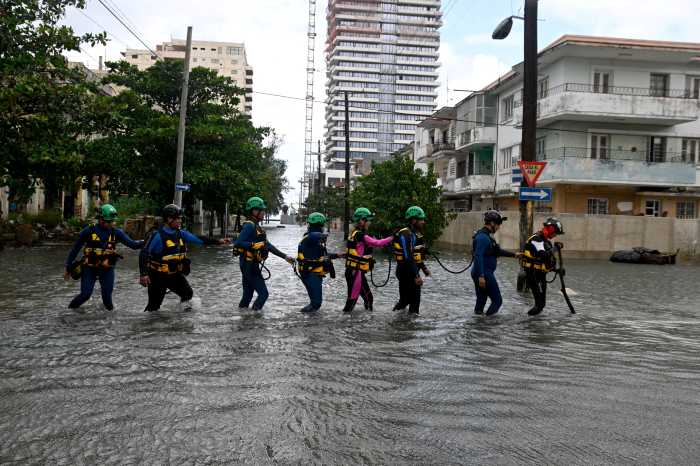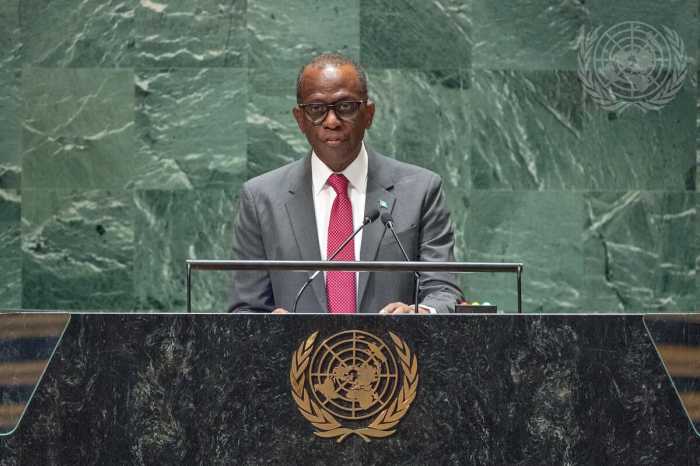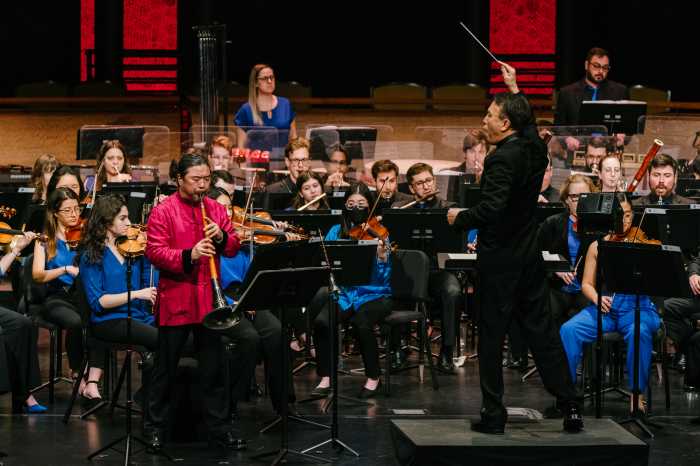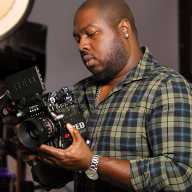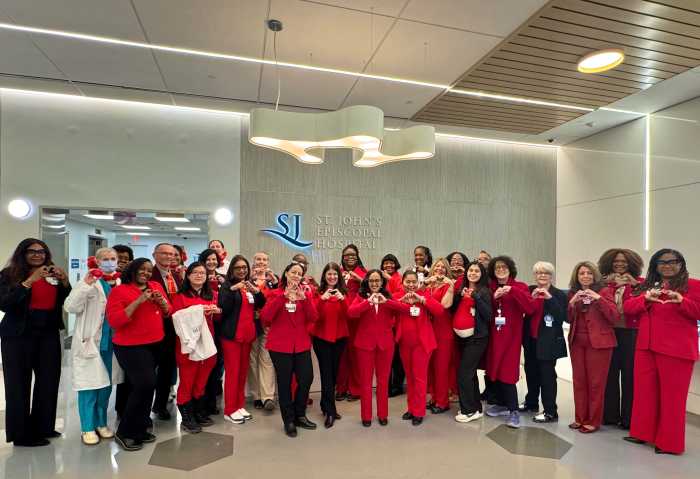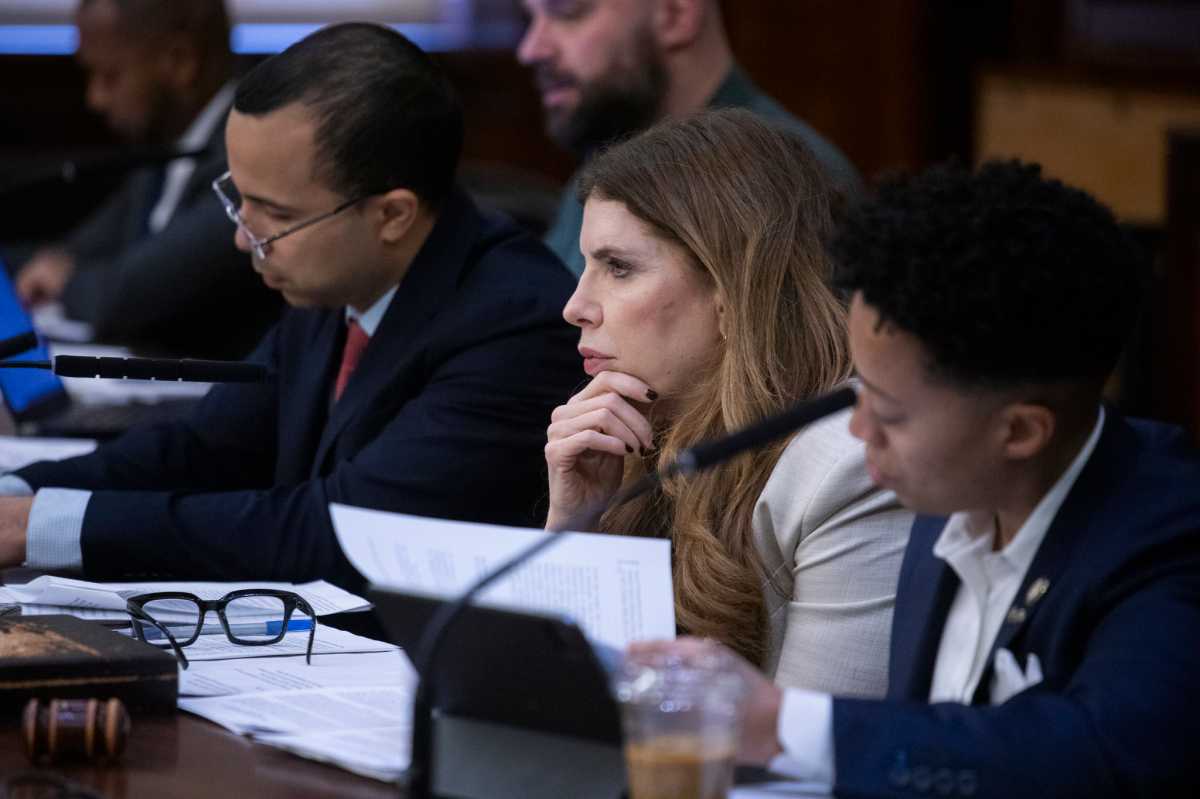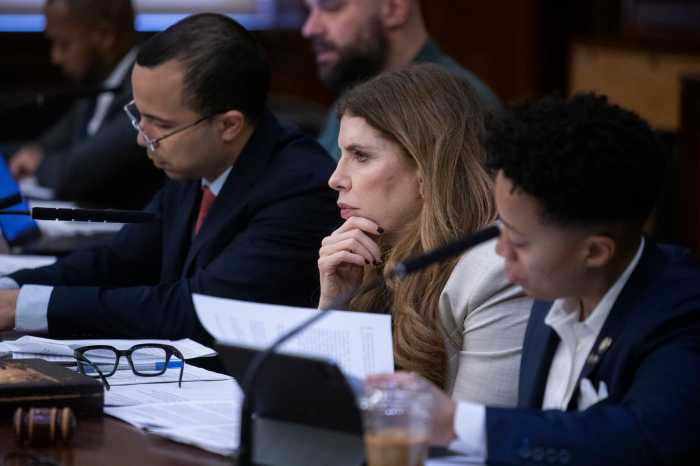Despite being dogged by allegations of corruption among the political hierarchy, voters nevertheless returned the Jamaica Labor Party (JLP) to a third consecutive term in elections held on Sept. 3, giving Prime Minister Andrew Holness and the JLP the chance to make history by breaking the perennial two-term cycle that has dogged the party for decades.
In clinching the win, Holness, 53, is now on course to eventually equal the 14-year unbroken stretch of elder statesman and former political rival P.J Patterson, who had led the northern Caribbean country and the current opposition People’s National Party (PNP) for 14 consecutive years before he retired back in 2006.
A jubilant Holness celebrated the party’s historic victory late into the night as opposition leader and rival candidate Mark Golding licked his political wounds, conceding defeat after describing results as “a difficult night.”
The polls in Jamaica were the second in the 15-nation regional bloc this week, coming just two days after electors in Guyana appeared to give the governing People’s Progressive Party (PPP) a second consecutive five-year term. Official results have been delayed by recounts in at least three districts.
“No weapon formed against me shall prosper,” Holness told supporters as it became clear that the JLP will win around 34 of the 63 parliamentary seats, including some areas that many thought were the preserve of the PNP.
He added: “We must guard against arrogance. This government, in our third term, must be laser-focused on ensuring that there is prosperity for all Jamaicans. This was not victory by default. Make no mistake about it, this was not an easy victory. Make no mistake about it, this was a fight, but we did not descend my political organization, we did not descend to the gutter to fight. We did not seek to trick the people to win. We did not seek to tear down anyone to lift up ourselves. We did not seek to tear down Jamaica in order to be able to administer the affairs of Jamaicans.”
In picking up 29 seats, the PNP has bounced back from a crushing defeat five years ago to the day, as back then it had only secured 14 house allotments. Golding was statesman-like in his concession speech, pledging to trudge on.
“Jamaica’s democracy is important and we must cherish it,” Golding said. “Sometimes it brings bitter disappointments. Sometimes those disappointments are laced with a tinge of a sense that not all is fair and just, but it is very, very important that we put democracy ahead of all of those feelings. And I accept the result of these elections and although, obviously, I’m very disappointed in the outcome, I think it is only correct to expressly acknowledge the success that our opponents have managed to achieve] today.”
This year has been one of the busiest for nations in the bloc, with elections already held in Trinidad, Suriname, Jamaica, Guyana, Bermuda, Anguilla, Curacao, The Cayman Islands, The Turks and Caicos, and Belize. Preparations are also underway for possible elections in St. Vincent this year and The Bahamas early in the new year.
It is not clear when Holness would be sworn in, but Irfaan Ali, his colleague in the southern Caribbean, has to wait until official results are released after major recounts end.


